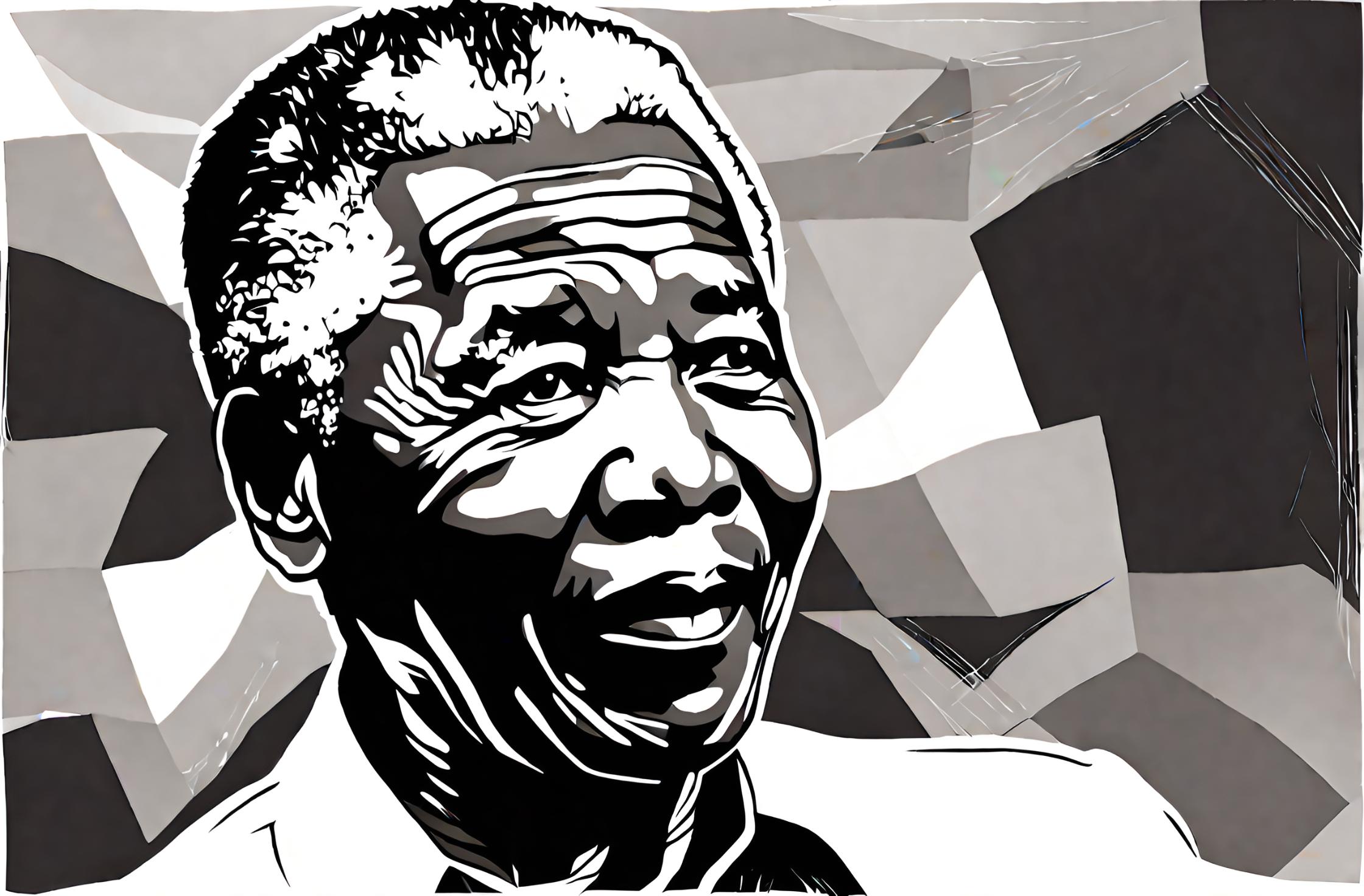Flashback to January 11
World History

On May 10, 1994, a historic event took place that changed the course of South African history forever. Nelson Mandela, a revered anti-apartheid activist, became the first black president of South Africa. This momentous occasion marked the end of decades of racial segregation and inequality under the apartheid regime. Mandela’s presidency ushered in a new era of hope, unity, and reconciliation for the nation.
Nelson Mandela’s journey towards presidency was not an easy one. Born on July 18, 1918, in a small village in the Eastern Cape province, Mandela experienced firsthand the effects of racial discrimination and inequality. In his early years, he became an advocate for the rights of black South Africans and joined the African National Congress (ANC), a political organization committed to ending apartheid.
The apartheid system, which was enforced by the National Party, systematically oppressed the non-white population of South Africa. It enforced strict racial segregation, discriminatory laws, and limited political rights for non-whites. Mandela, along with fellow activists, worked tirelessly to bring about change and challenge the apartheid regime.
However, Mandela’s activism came at a great personal cost. In 1964, he was sentenced to life imprisonment for his political activities, including his involvement in planning acts of sabotage. Mandela spent 27 long years behind bars, during which he became a symbol of resistance against apartheid to people both in South Africa and around the world.
After years of international pressure and domestic unrest, the apartheid regime began to crumble in the early 1990s. Under the leadership of President F.W. de Klerk, negotiations between the ANC and the National Party commenced, signaling a possible end to apartheid. Mandela, who had been released from prison in 1990, played a crucial role in these negotiations, advocating for a peaceful transition to democracy.
On April 27, 1994, South Africa held its first non-racial democratic elections. Millions of South Africans, of all races, queued for hours to cast their votes. The ANC emerged as the victor, securing an overwhelming majority, and Nelson Mandela became the country’s first black president. His inauguration on May 10, 1994, was a historic moment, not only for South Africa but for the world.
As president, Mandela immediately set out to address the challenges facing the nation. He prioritized reconciliation and unity among the various racial and ethnic groups in South Africa. Mandela formed a Government of National Unity, which included members from different political parties, and implemented policies aimed at dismantling the legacy of apartheid.
One of Mandela’s most important initiatives was the Truth and Reconciliation Commission (TRC). The TRC provided a platform for victims and perpetrators of human rights violations during apartheid to give testimony. It aimed to bring closure to the past, promote healing, and prevent further division. Although controversial, the TRC was instrumental in advancing the healing process in South Africa.
Mandela’s presidency also focused on improving education, healthcare, and equality of opportunity for all South Africans. He launched various programs to address poverty, unemployment, and social disparities. Mandela’s commitment to human rights, democracy, and justice won him admiration and respect both nationally and internationally.
Nelson Mandela’s presidency lasted until 1999 when he stepped down, adhering to the principles of democracy and term limits. However, his impact continues to reverberate globally. He is remembered not only as South Africa’s first black president but also as a symbol of hope, resilience, and forgiveness.
The event of Nelson Mandela becoming the first black president of South Africa on May 10, 1994, marked a significant milestone in the country’s history. It was the culmination of years of struggle against apartheid and a testament to Mandela’s unwavering dedication to justice and equality. Today, Nelson Mandela’s legacy lives on, inspiring generations to fight for a more inclusive and equal world.
We strive for accuracy. If you see something that doesn't look right, click here to contact us!
Sponsored Content

William Herschel discovers Titania…
On January 11, 1787,…

John Field Irish pianist/composer…
John Field, the accomplished…

In Auckland, New Zealand,…
On January 11, 2008,…

